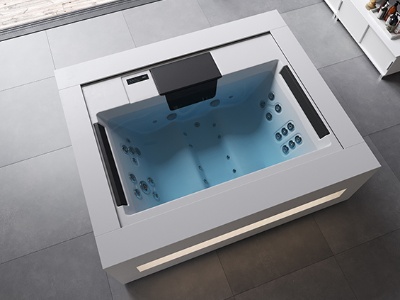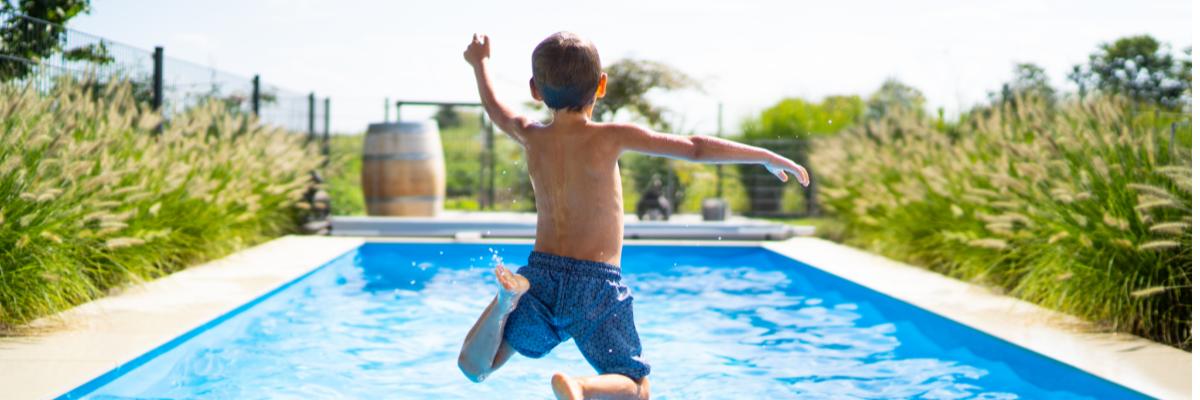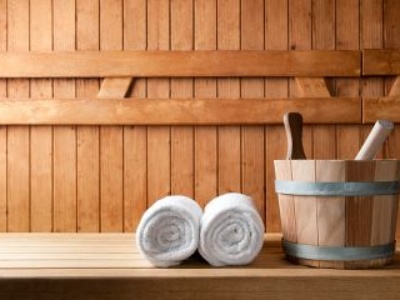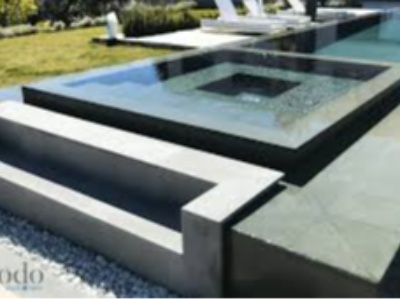
Owning a swimming pool is a real pleasure, but without rigorous maintenance, it can quickly become a source of problems. Unbalanced water, faulty equipment or a lack of cleaning can lead to costly inconvenience and affect the quality of the bathing experience. Regular maintenance not only helps to keep the water clear and healthy, but also extends the life of the facilities and avoids costly repairs. Discover the best practices for preserving your swimming pool in the best possible condition.
Preserving water quality
Poorly maintained water quickly becomes cloudy and can become a breeding ground for bacteria, algae and fungi. To avoid these inconveniences, it is essential to regularly test and adjust the chemical parameters of the water.- Checking the pH: An unbalanced pH can cause irritation and reduce the effectiveness of chlorine. It should be kept between 7.2 and 7.6.
- Chlorine control: Insufficient chlorine encourages the proliferation of micro-organisms, while too much can cause skin irritation.
- Anti-algae treatment: A preventive treatment limits the appearance of algae and keeps the water crystal clear.
- Continuous filtration: Filtration removes impurities and reduces the need to use large quantities of chemicals.
Avoiding premature wear and tear of equipment
Swimming pool equipment, such as the pump, filter and liners, is put to the test. A lack of maintenance can lead to premature deterioration and require replacement much sooner than expected.- Cleaning the filters: A dirty filter prevents proper water circulation and increases energy consumption.
- Pump check: A low water level or pump malfunction can cause overheating and failure.
- Liner monitoring: Liners and membranes must be inspected to prevent cracks and leaks.
- Maintenance of skimmers and discharge nozzles: These components ensure proper distribution of chemicals and must be cleaned regularly.
- Regular inspection: Check seals, valves and fittings to prevent leaks.
- Monitoring the filtration system: A poorly maintained pump can lose efficiency and require premature replacement.
- Checking water levels: If the level is too low, air can be drawn in and cause the pump to overheat.
- Proper winterisation: Poor winterisation leads to frost damage, causing cracks and deterioration of the filtration system.
Improve bathing comfort
A well-maintained swimming pool is synonymous with comfort and pleasure. The water should be pleasant to the touch, without an excessive chlorine odour and free of suspended particles.- Clear, uncontaminated water: Thanks to good filtration and regular maintenance, the water remains crystal clear and pleasant to swim in.
- Reduced risk of irritation: A well-adjusted pH prevents skin and eye irritation.
- Safe swimming: Preventive maintenance guarantees a clean, bacteria-free pool, reducing the risk of skin diseases.
- Water at the right temperature: Proper maintenance of the heating system maintains an ideal temperature throughout the season.




